Harangue: Word Meaning, Examples, Origin & Usage in IELTS
6 min read
Updated On
-
Copy link
The word ‘harangue’ means ‘to speak loudly and angrily in a way that criticizes or persuades somebody/something’. Discover its usage, history, synonyms & antonyms, and practice using it with the given exercises to expand your vocabulary for a top score.
Table of Contents

Limited-Time Offer : Access a FREE 10-Day IELTS Study Plan!
You might have come across the word ‘harangue’, learnt it, and probably forgotten it. However, it is time to revise your knowledge or learn it, as you can use it during your IELTS Speaking and Writing exams to articulate strong opinions or discuss controversial topics and show off your list of advanced vocabulary.
In this blog post, we will explore the meaning, origin, history, and proper usage of the term ‘harangue’ within the context of the IELTS exam, solidifying our understanding through practical exercises.
Meaning of Harangue
Pronunciation: /ˈhær.æŋ/ (British & American)
Harangue can be used as a noun and a verb. In each form, they mean:
- (noun) A lengthy and aggressive speech, especially one that criticises or tries to persuade.
- (verb) To lecture someone aggressively or critically for a long time.
It typically conveys disapproval, frustration, or moral superiority and is often used in political, social, or emotional contexts.
History and Origin of Harangue
The word ‘Harangue’ comes from Old Italian and Medieval Latin, but it has French roots as well.
|
Language |
Word |
Meaning |
|---|---|---|
|
Old Italian |
aringare |
to speak in public |
|
Latin |
harenga |
public address or speech |
|
French |
harangue |
speech to an assembly |
Originally associated with formal speeches to large crowds, it evolved to imply a forceful and unwelcome tone, like when someone lectures or scolds loudly in public or private.
Usage & Examples of Harangue
If you have ever wanted to describe a situation where someone lectures angrily, criticises publicly, or dominates a conversation with forceful speech, the word you are looking for might just be ‘harangue’.
The word, harangue, is ideal for formal and argumentative contexts. So, let us check out some examples of how to use it in different formal contexts.
|
Context |
Sentence |
|---|---|
|
Politics |
The activist delivered a passionate harangue against corruption and injustice. |
|
Education |
The students were harangued by the principal for their poor behaviour. |
|
Media |
Social media has become a platform for endless harangues and angry rants. |
|
Personal |
I didn’t expect a polite discussion to turn into a full-blown harangue. |
Using ‘Harangue’ as Different Parts of Speech
Now, let us look at some example sentences where the word has been used in its noun and adverb forms. So, given below are some sentences using the word harangue in different forms.
|
Part of Speech |
Usage of ‘Harangue’ in Sentence |
|---|---|
|
Verb |
|
|
Noun |
|
Book a free IELTS online class to learn how to maximize your word power for the IELTS exam!
IELTS Usage of ‘Harangue’
Harangue is an expressive word that can elevate your IELTS responses, especially when discussing politics, media, education, or emotional experiences. As a result, you can confidently use it in IELTS Writing Task 2 or Speaking Part 3 answers when discussing social, educational, or political matters.
IELTS Speaking Example
- Cue Card Topic: Describe a time you had an argument with someone.
- Answer Excerpt: “We were discussing a political issue, but instead of a debate, he launched into a harangue about how everyone was wrong except him.”
IELTS Writing Task 2 Example
- Topic: Some people believe social media promotes healthy debate, while others disagree.
- Answer Excerpt: Although social platforms were designed to encourage discussion, they often become breeding grounds for public harangues rather than reasoned arguments.
Book a FREE demo to talk to our experts and boost your IELTS vocabulary now!
Synonyms of Harangue
Using synonyms helps to prevent repetition, adds variety to the answer, and boosts your vocabulary score. So, in the table, you will find some close synonyms for IELTS Writing and Speaking of the word harangue, each explained with a sample sentence.
|
Synonym |
Meaning |
Example Sentence |
|---|---|---|
|
Tirade |
a long, angry speech of criticism |
He launched into a tirade about government inefficiency. |
|
Diatribe |
a bitter verbal attack |
The article was a scathing diatribe against corporate greed. |
|
Rant |
loud, emotional, or wild speech |
She went on a rant about how unfair the new rules were. |
|
Lecture |
a serious or critical talk, often unwelcome |
My father gave me a long lecture about being responsible. |
|
Sermon |
a moral or religious lecture |
His speech sounded more like a sermon than an apology. |
Hoping to use impressive vocabulary to shine on your IELTS exam?
Begin with our Vocabulary for IELTS!
Antonyms of Harangue
Learning opposites is equally important, as it helps sharpen your conceptual clarity and boost your IELTS vocabulary. So, check out the table given below to learn some antonyms of the word harangue.
|
Antonym |
Meaning |
Example Sentence |
|---|---|---|
|
Conversation |
a mutual exchange of ideas |
We had a friendly conversation about climate change. |
|
Dialogue |
a calm and reasoned discussion |
Productive dialogue can bridge the gap between opposing views. |
|
Compliment |
a positive or praising statement |
Instead of criticism, she offered a heartfelt compliment. |
|
Praise |
expression of approval or admiration |
He praised the team for their consistent performance. |
|
Discussion |
a balanced exchange of ideas |
The meeting ended with a thoughtful discussion on solutions. |
Exercise to Master the Meaning of Harangue
Take the following exercises and strengthen your understanding of the word ‘harangue’.
Exercise A: Fill in the blanks with harangue or its synonyms.
1 The angry coach delivered a _________ in the locker room after the team’s defeat.
2 Rather than engage in dialogue, she launched into a ten-minute _________ about social injustice.
3 We expected constructive feedback, not a _________ about our so-called laziness.
4 The radio host is known for his morning _________ against modern culture.
5 He didn’t offer any solutions, just a bitter _________ about the younger generation.
Exercise B: Choose the correct option.
6 What is the most likely tone of a harangue?
A Calm and balanced
B Playful and humorous
C Angry and aggressive
D Quiet and reflective
7 Which sentence best demonstrates the use of harangue as a verb?
A She harangued her followers with flowers.
B He harangued the audience with a long speech about discipline.
C They harangued the floor to make it clean.
D The harangue was delicious.
Exercise C: Match the context to the usage of harangue.
|
Context |
Best Use of Harangue |
|---|---|
|
A Principal scolds students |
1 Harangue as a reprimanding speech |
|
B Protester lectures the crowd |
2 Harangue as a personal rant |
|
C Friend complains non-stop |
3 Harangue as a persuasive speech |
Answer Key
|
Exercise A |
Exercise B |
Exercise C |
|---|---|---|
|
|
A → 1 B → 3 C → 2 |
To conclude, the word ‘harangue’ may not be common in everyday speech, but it is incredibly useful for those preparing for IELTS Band 7.0+. It shows a strong command of emotional tone, formal vocabulary, and the ability to express critical or argumentative ideas with precision. So, include this word on your IELTS vocabulary words list for Band 8 or 9 and achieve your desired score.
Useful Links:
- Florid: Word Meaning, Examples, Origin & Usage in IELTS
- Expunge: Word Meaning, Examples, Origin & Usage in IELTS
- Dissemination: Word Meaning, Examples, Origin & Usage in IELTS
- 100+ Advanced Vocabulary Word List for IELTS (PDF Available)
- Useful Resources & Websites for IELTS Vocabulary
- Practical Tips on How to Improve Vocabulary for the IELTS Exam
Explore IELTS Resources

Start Preparing for IELTS: Get Your 10-Day Study Plan Today!
Check out other Word of the Day Articles
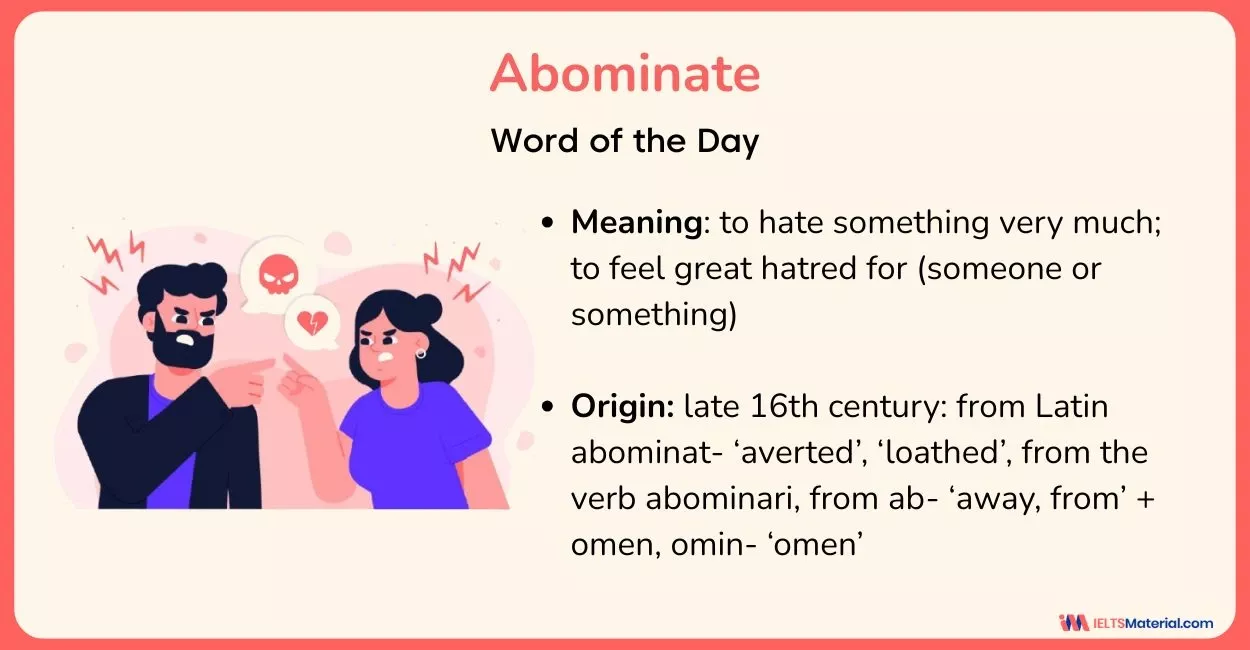
Haniya Yashfeen
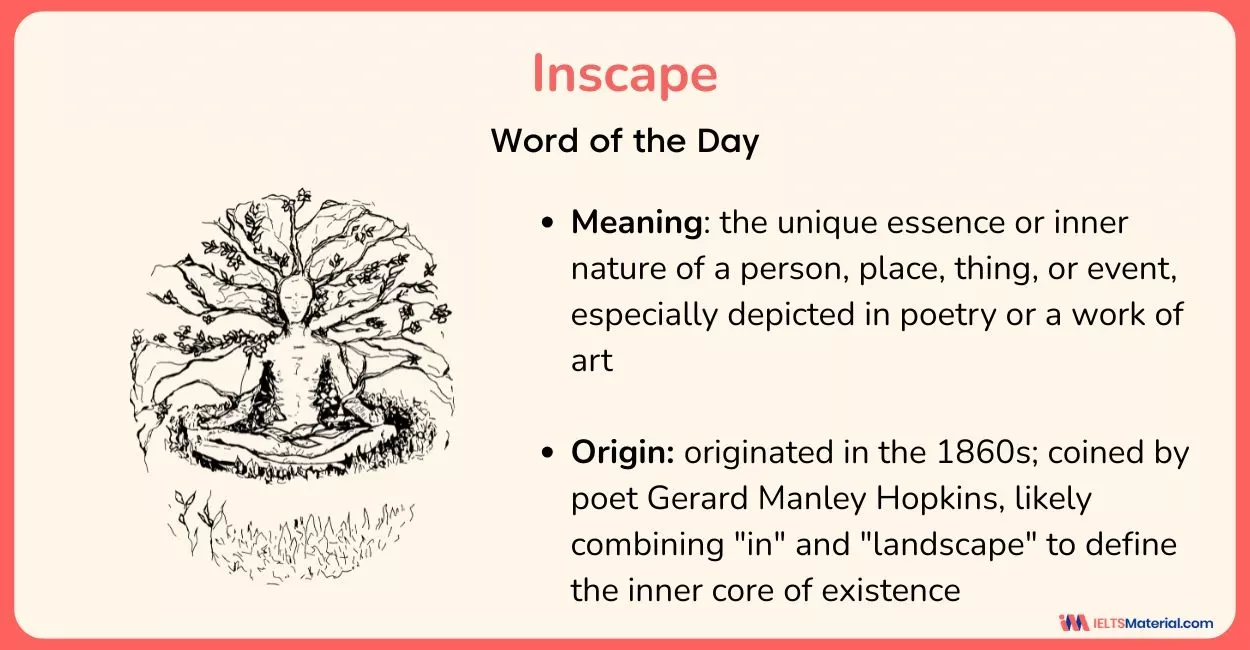
Prity Mallick
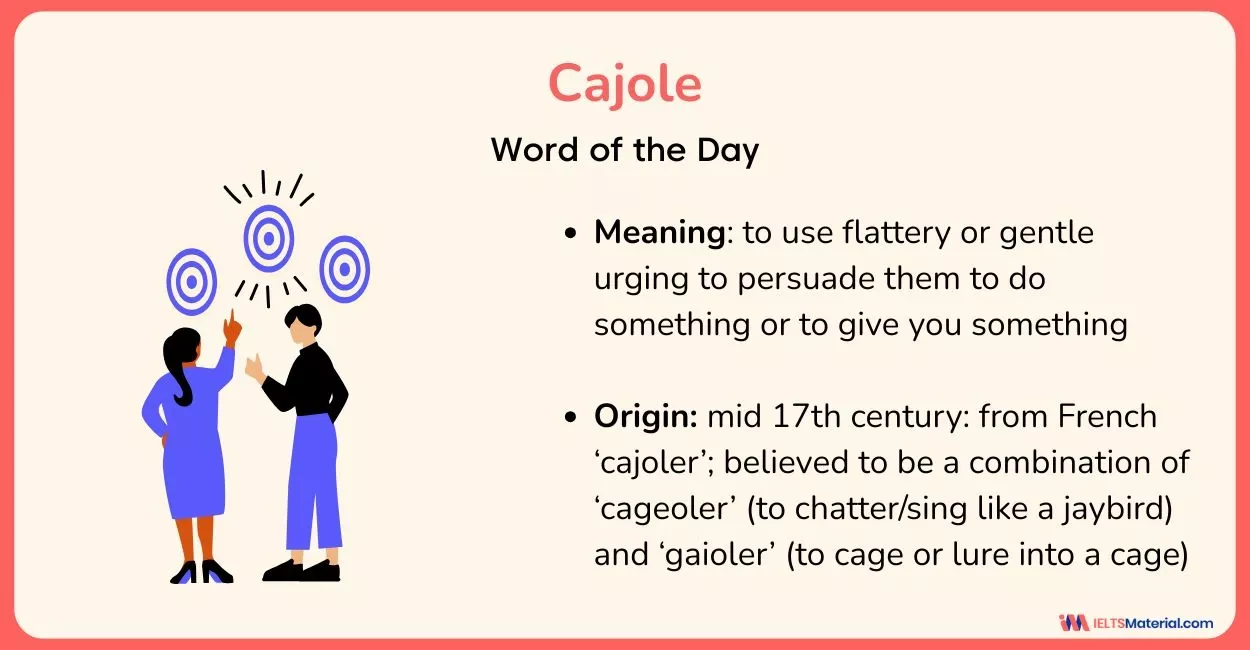
Prity Mallick
Recent Articles
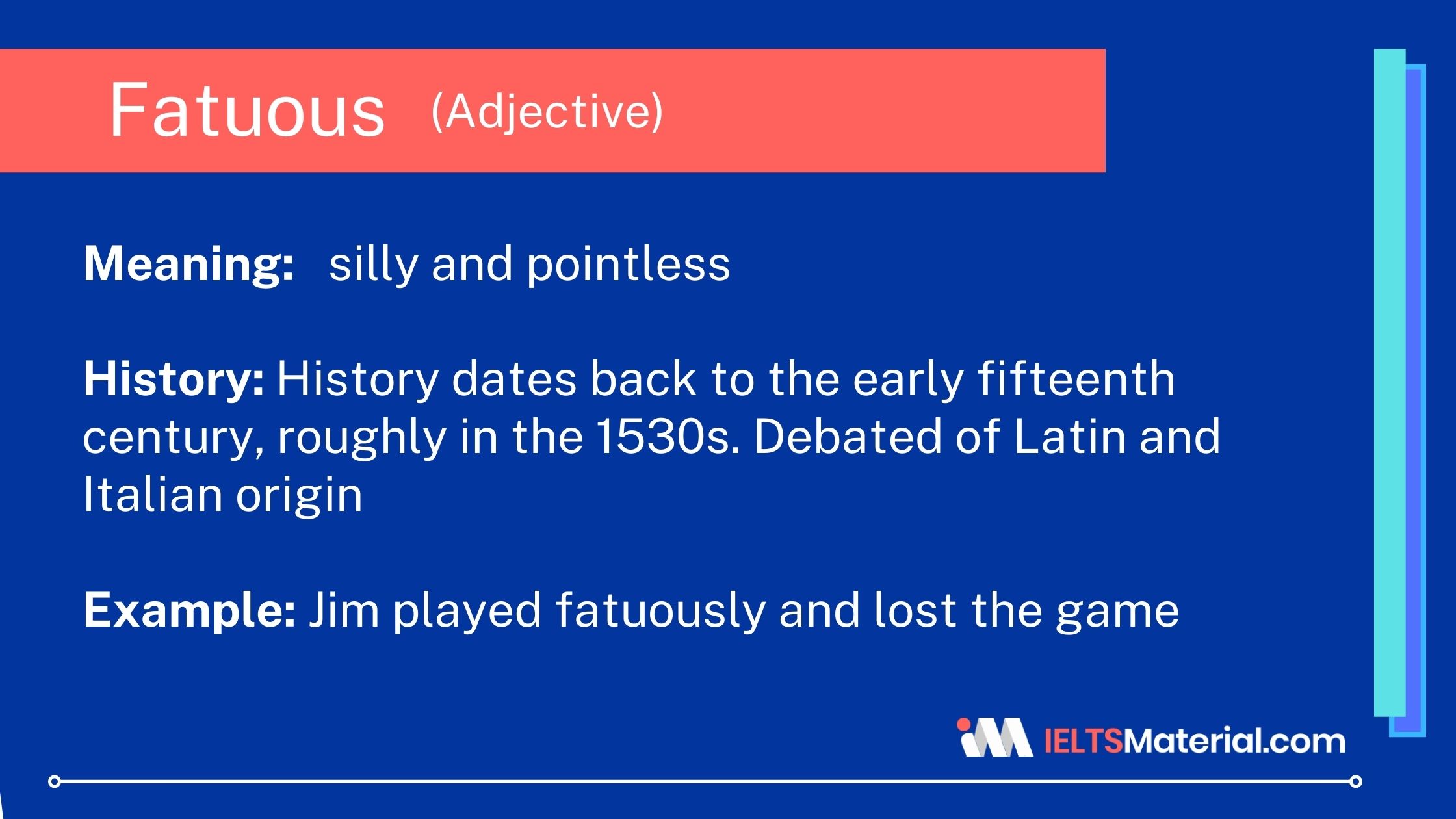
Kasturika Samanta
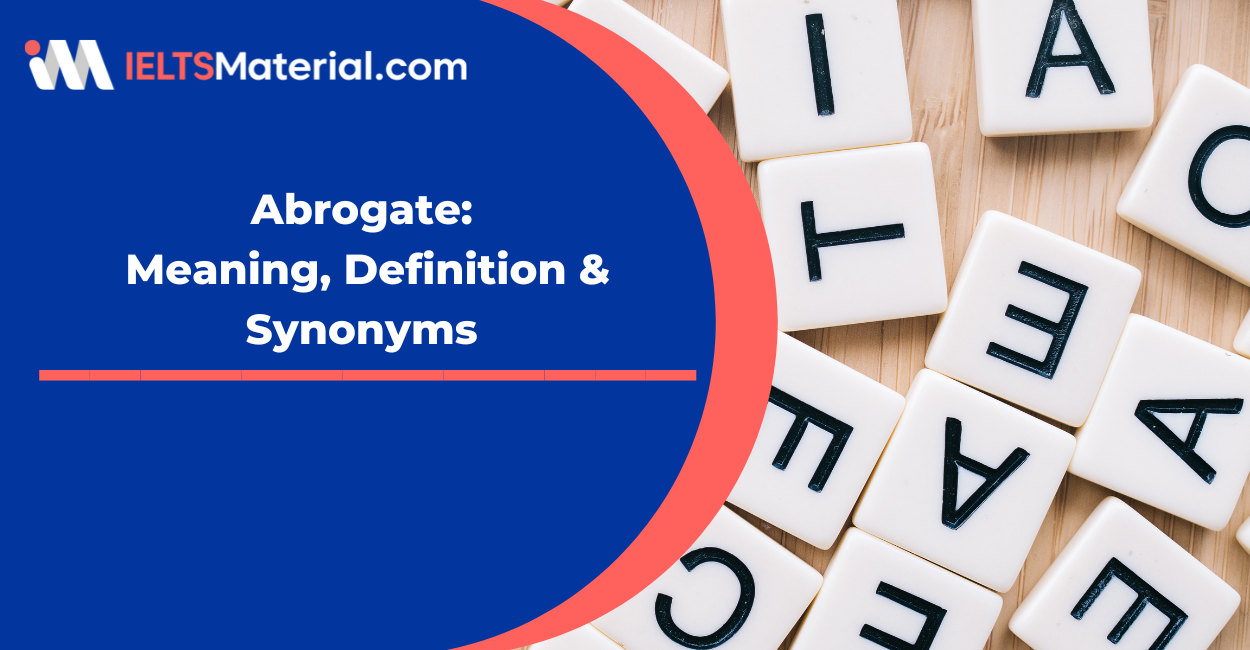
Kasturika Samanta
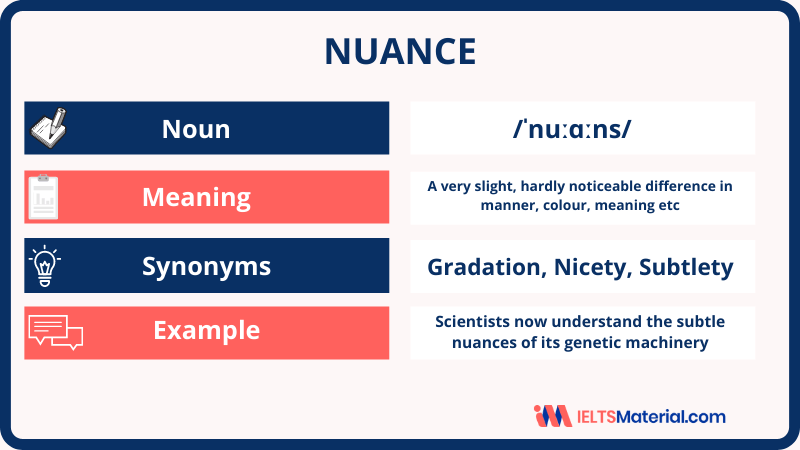
Kasturika Samanta
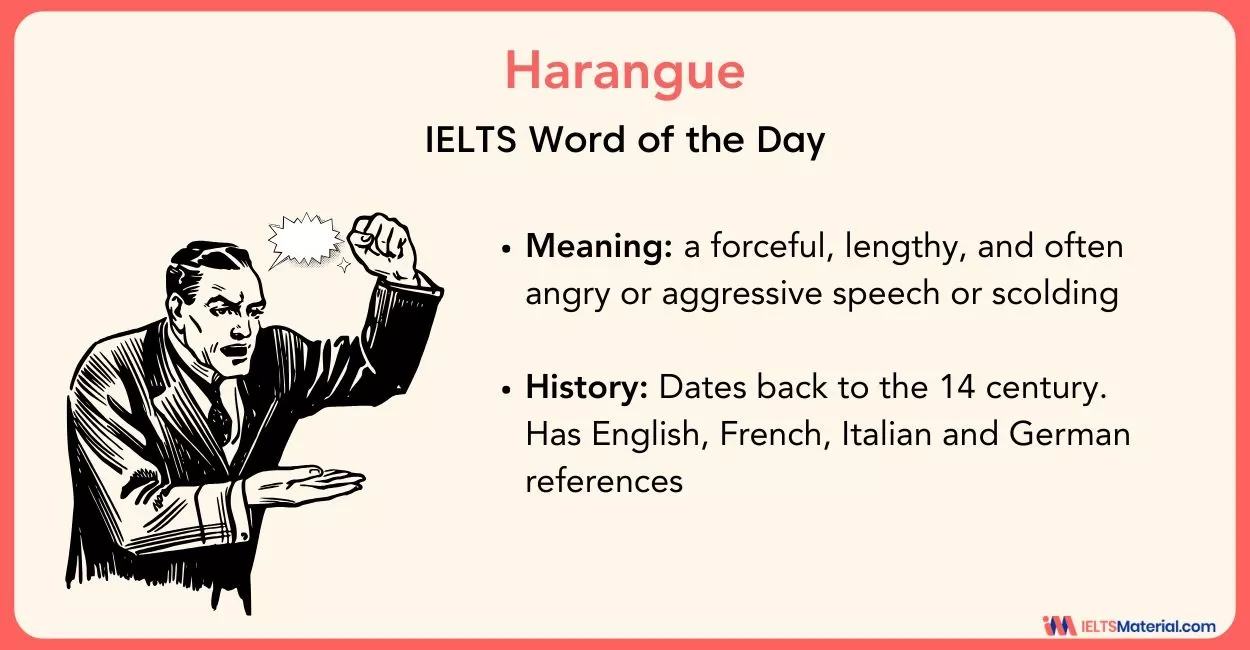

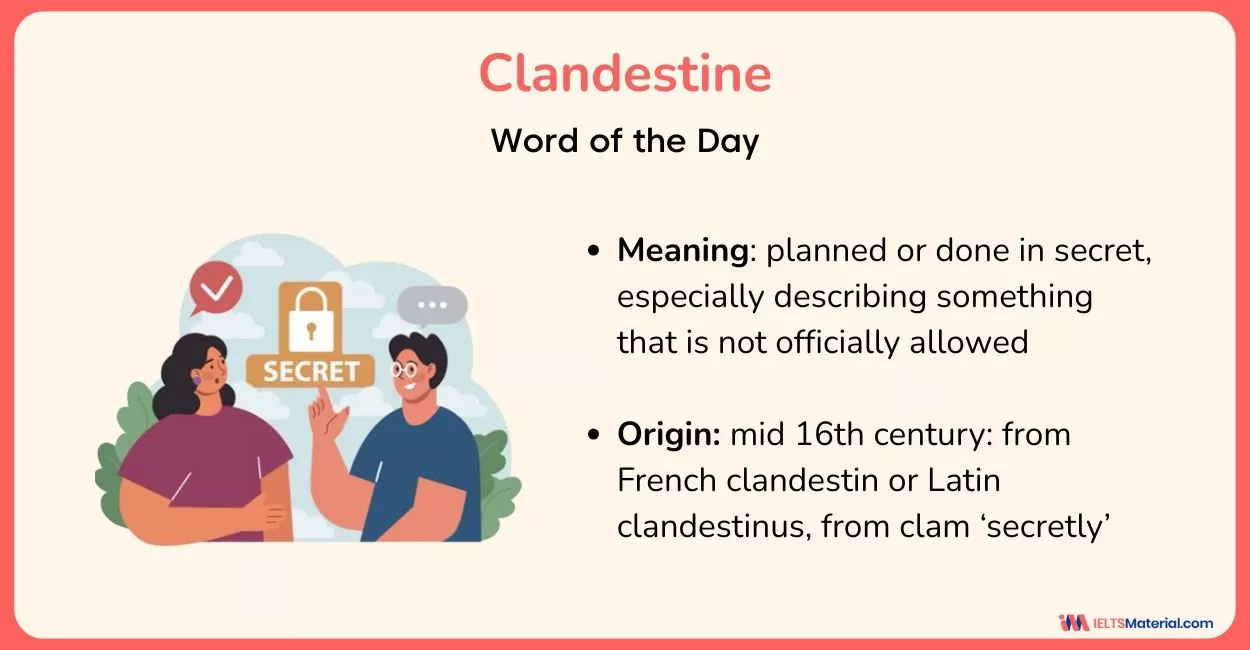
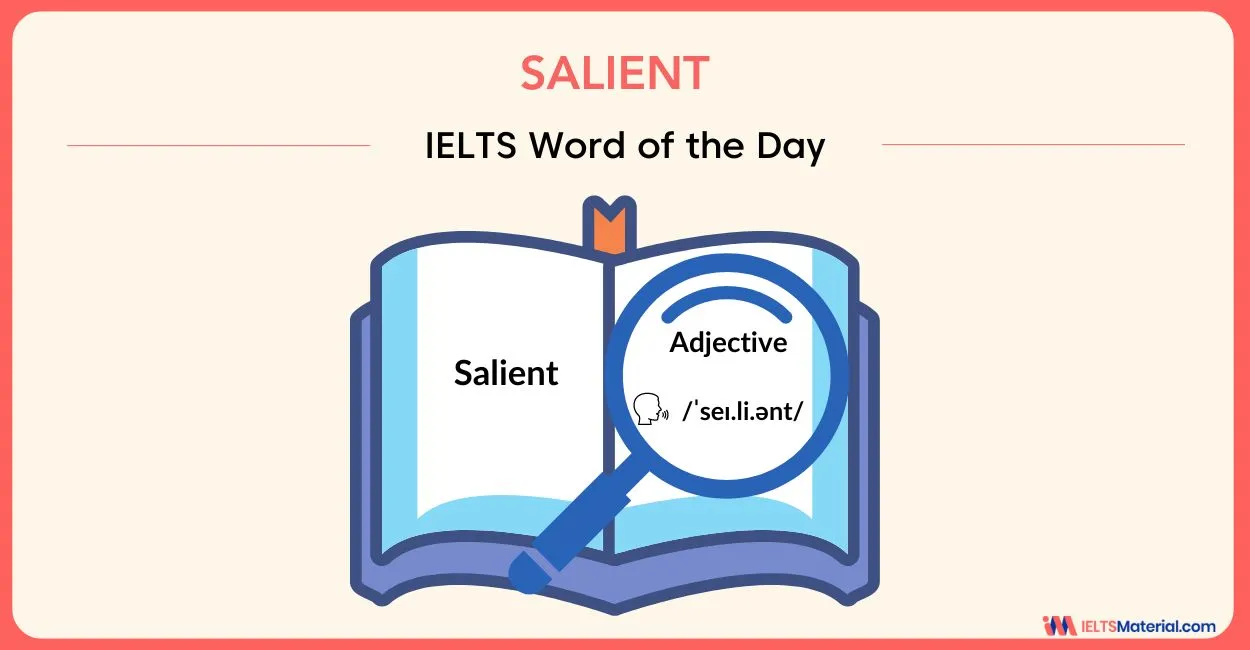


Post your Comments